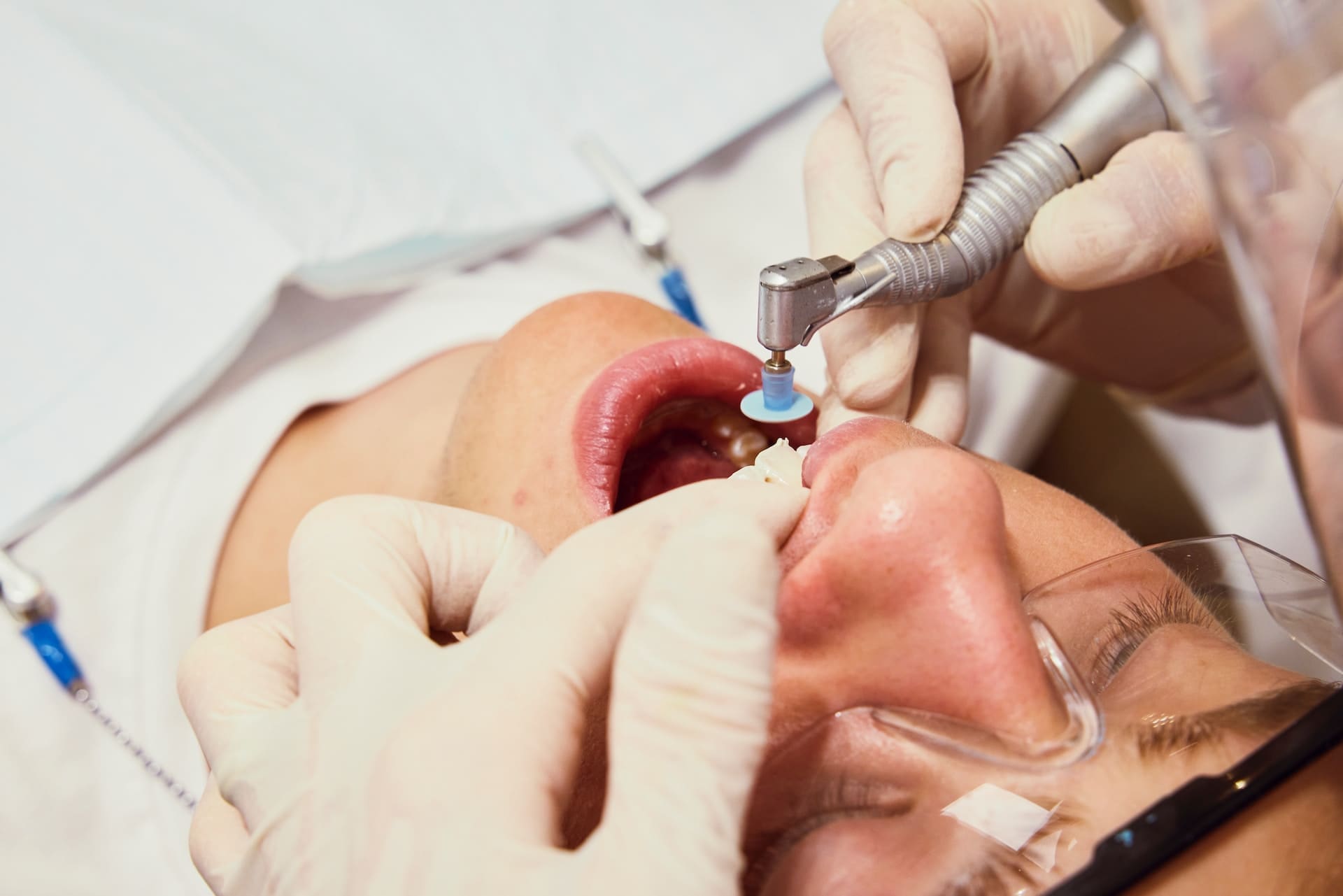Why Regular Professional Teeth Cleaning Matters
Consistent and thorough oral hygiene is paramount to one’s overall health and well-being. While daily brushing and flossing play an essential role in oral care, regular professional teeth cleaning is indispensable for several reasons:- Plaque and Tartar Removal: Dental plaque, a sticky film of bacteria that forms on the surface of teeth, can harden into tartar if not properly removed. Over time, this buildup can lead to tooth decay and gum disease. Professional teeth cleanings help eliminate plaque and tartar buildup that can’t be cleared away by regular brushing and flossing alone.
- Prevention of Gum Disease: When bacteria and tartar accumulate below the gum line, it can result in periodontal (gum) disease. Regular dental cleanings help keep your gums healthy by removing plaque and tartar buildup, decreasing your risk for gum inflammation and other periodontal issues.
- Early Detection of Dental Issues: Routine dental cleanings provide your dentist or hygienist with an opportunity to closely examine your oral health and identify potential issues in their early stages. During a cleaning, your dental team will be able to spot cavities, gum disease, and other dental problems early on, making them easier and less expensive to treat.
- Brighter, Whiter Smile: Polishing your teeth during a professional cleaning can remove stains caused by coffee, tea, and tobacco, revealing a brighter and whiter smile.
What to Expect During a Professional Teeth Cleaning
At Weston Dental Specialists Group, we ensure your comfort and satisfaction during a professional teeth cleaning. Here’s what you can expect during this crucial oral health procedure:- Checkup: Your dentist or hygienist will begin by conducting a comprehensive oral examination. This step aims to identify any signs of oral health issues like tooth decay, gum inflammation, or other concerns.
- Scaling: The next step is the removal of plaque and tartar from the teeth, particularly from below the gum line and around the tooth root. This process, known as scaling, can be performed using manual tools or an ultrasonic scaler, depending on the patient’s preference and the level of buildup.
- Polishing: After scaling, the dental hygienist will polish your teeth using a dental handpiece and a mildly abrasive paste to remove surface stains and smooth the tooth surface. This step helps prevent plaque from quickly adhering to your teeth again.
- Flossing: Finally, the hygienist will floss between your teeth to remove any leftover debris from the scaling and polishing process.
How Often Should You Schedule a Professional Teeth Cleaning?
The frequency of professional teeth cleanings varies from person to person, as individual needs may dictate more or less frequent visits. Generally, most dental professionals recommend scheduling a dental cleaning every six months for optimal oral health. However, some patients with certain dental issues or medical conditions may require more frequent dental cleanings. Your dentist or hygienist will be able to determine how often you should schedule your cleanings based on your specific oral health needs.Maintaining Good Oral Health Between Cleanings
To keep your smile healthy and bright between professional cleanings, practice these essential dental care habits at home:- Brush your teeth at least twice a day with a fluoride toothpaste, paying special attention to the gum line and hard-to-reach areas.
- Floss daily to remove any food debris and plaque between your teeth and below the gum line.
- Use a mouthwash to help keep your breath fresh and eliminate any lingering bacteria.
- Maintain a healthy diet by consuming a variety of fruits, vegetables, whole grains, and dairy products while avoiding sugary foods and beverages.
- Stay well-hydrated by drinking plenty of water throughout the day.
- Visit your dentist regularly for check-ups and cleanings to ensure your oral health remains in optimal condition.


